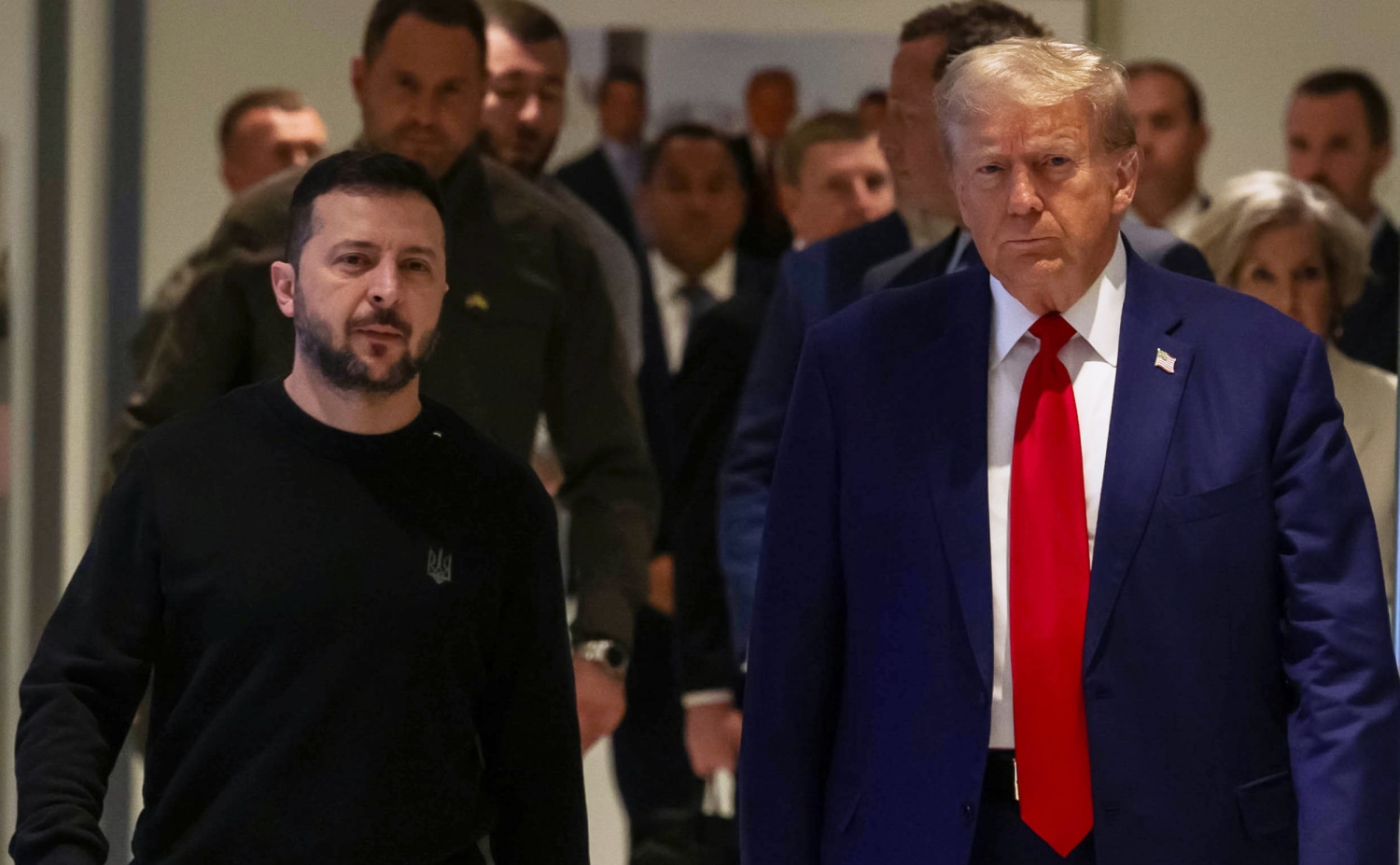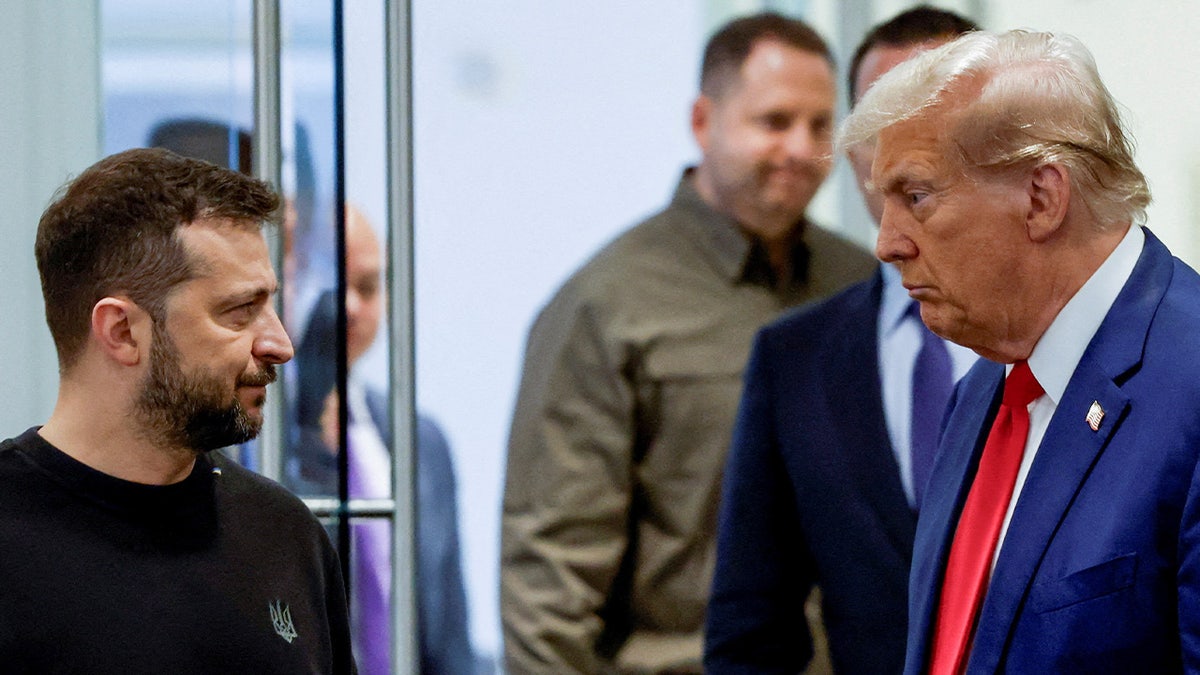Trump Signals No Deal on NATO Support, Promises to Update Zelensky After Meeting
In a significant statement following his recent meeting, former President Donald Trump declared that there would be no immediate agreement concerning NATO support. During his remarks, he emphasized the importance of communication with key international leaders, including Ukrainian President Volodymyr Zelensky, highlighting that the ultimate decisions lie with them. Trump"s comments come at a time of heightened tensions and uncertainty regarding NATO"s role in global security.
Background & Context
The North Atlantic Treaty Organization (NATO) has historically been a cornerstone of transatlantic security, particularly in response to Russian aggression in Eastern Europe. With the ongoing conflict between Ukraine and Russia, NATO"s support for Ukraine has been a focal point of international discussions. Trump"s recent remarks come against a backdrop of fluctuating U.S. foreign policy priorities, particularly concerning European security and defense commitments.
Trump"s administration had previously taken a contentious stance on NATO, often criticizing member states for not meeting their defense spending commitments. His return to the political arena has reignited discussions about U.S. involvement in NATO and its implications for allies facing external threats, especially from Russia.
Key Developments
During a brief address, Trump stated, “I will call NATO in a while, I will call those people I consider appropriate, and of course, I will call President Zelensky and tell him about today’s meeting. Ultimately, it all depends on them.” This statement signals a departure from the more collaborative approach that many NATO leaders have sought to maintain, raising questions about the future of U.S. engagement in the alliance.
In light of these developments, Trump"s decision to reach out to Zelensky may reflect an attempt to reassure Ukraine of U.S. support, despite the lack of a formal agreement. This approach is particularly crucial given the ongoing military support Ukraine receives from NATO allies, which has been vital in their resistance against Russian advances.
\n\n
Image for Trump Signals No Deal on NATO Support, Promises to Update Zelensky After Meeting
Broader Impact
The implications of Trump’s comments extend beyond NATO and Ukraine, touching on the broader geopolitical landscape. Analysts suggest that a lack of commitment from the U.S. could embolden adversaries like Russia, potentially destabilizing the region further. Trump"s approach may also influence how other NATO members perceive their own obligations and commitments within the alliance, potentially leading to a reevaluation of defense strategies across Europe.
Experts warn that any perceived withdrawal of U.S. support could lead to increased tensions in Eastern Europe, particularly as countries like Poland and the Baltic states remain vigilant against potential threats from their eastern neighbor. The situation mirrors previous instances where shifts in U.S. foreign policy have had ripple effects on global security dynamics.
What"s Next
Looking ahead, the international community will be closely monitoring Trump"s communications with NATO leaders and Zelensky. The outcome of these discussions will likely shape the future of U.S. involvement in NATO and could have lasting effects on Ukraine"s defense posture. As previously reported, the situation is fluid, and any developments will be critical in determining the trajectory of NATO"s support for Ukraine.
Furthermore, upcoming meetings among NATO members and future U.S. foreign policy announcements will be pivotal in clarifying the United States" stance on collective defense and security commitments. As Trump prepares to engage with key leaders, the global audience awaits clarity on whether his administration would pursue a more isolationist approach or reaffirm a commitment to NATO"s foundational principles.

Image for Trump Signals No Deal on NATO Support, Promises to Update Zelensky After Meeting



![[Video] Gunfire between Iraqi security forces and Sadr militias in Baghdad](/_next/image?url=%2Fapi%2Fimage%2Fthumbnails%2Fthumbnail-1768343508874-4redb-thumbnail.jpg&w=3840&q=75)
